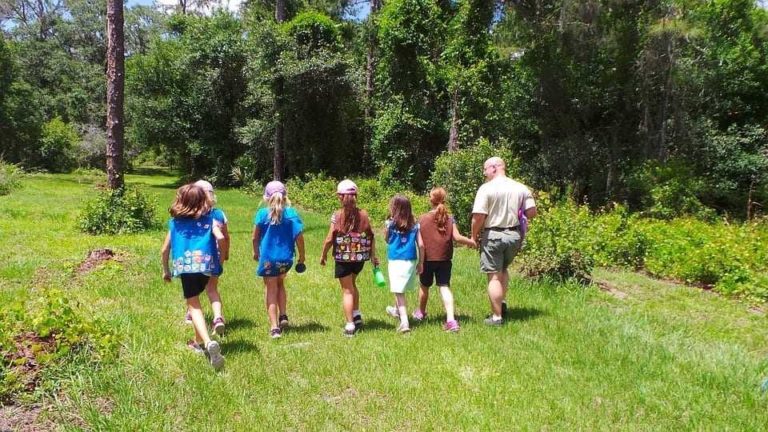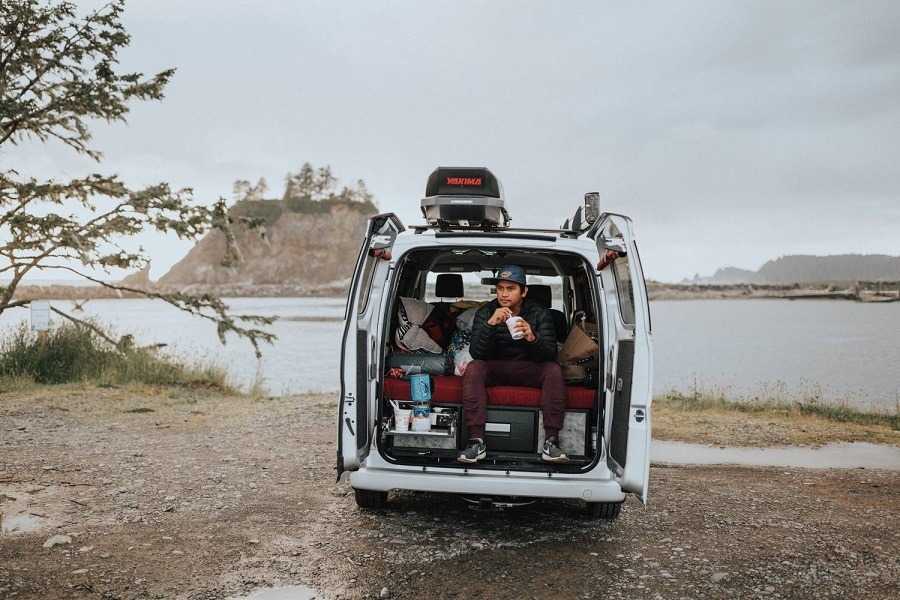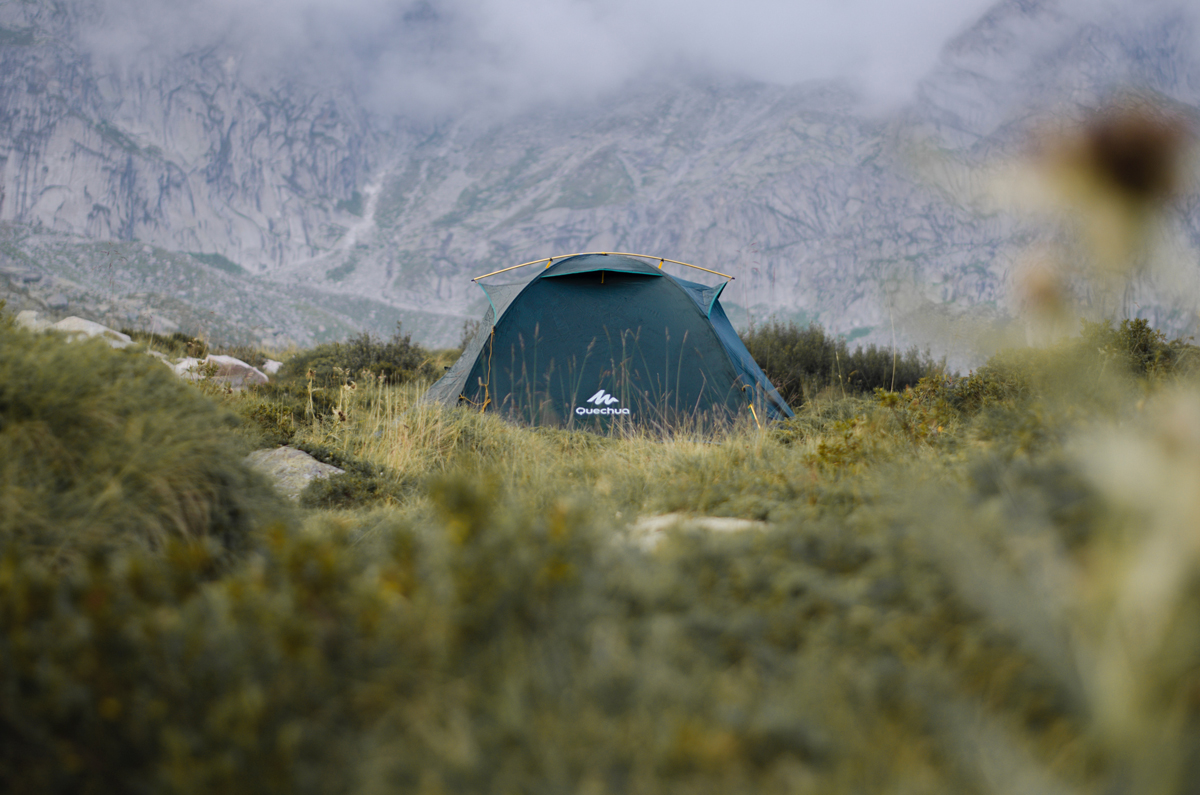Phone
+1-650-666-095
Contact E-mail
[email protected]
Address
16192 Coastal Hwy, Lewes, DE 19958-3608
15 Overlanding Gear List Essentials You Need
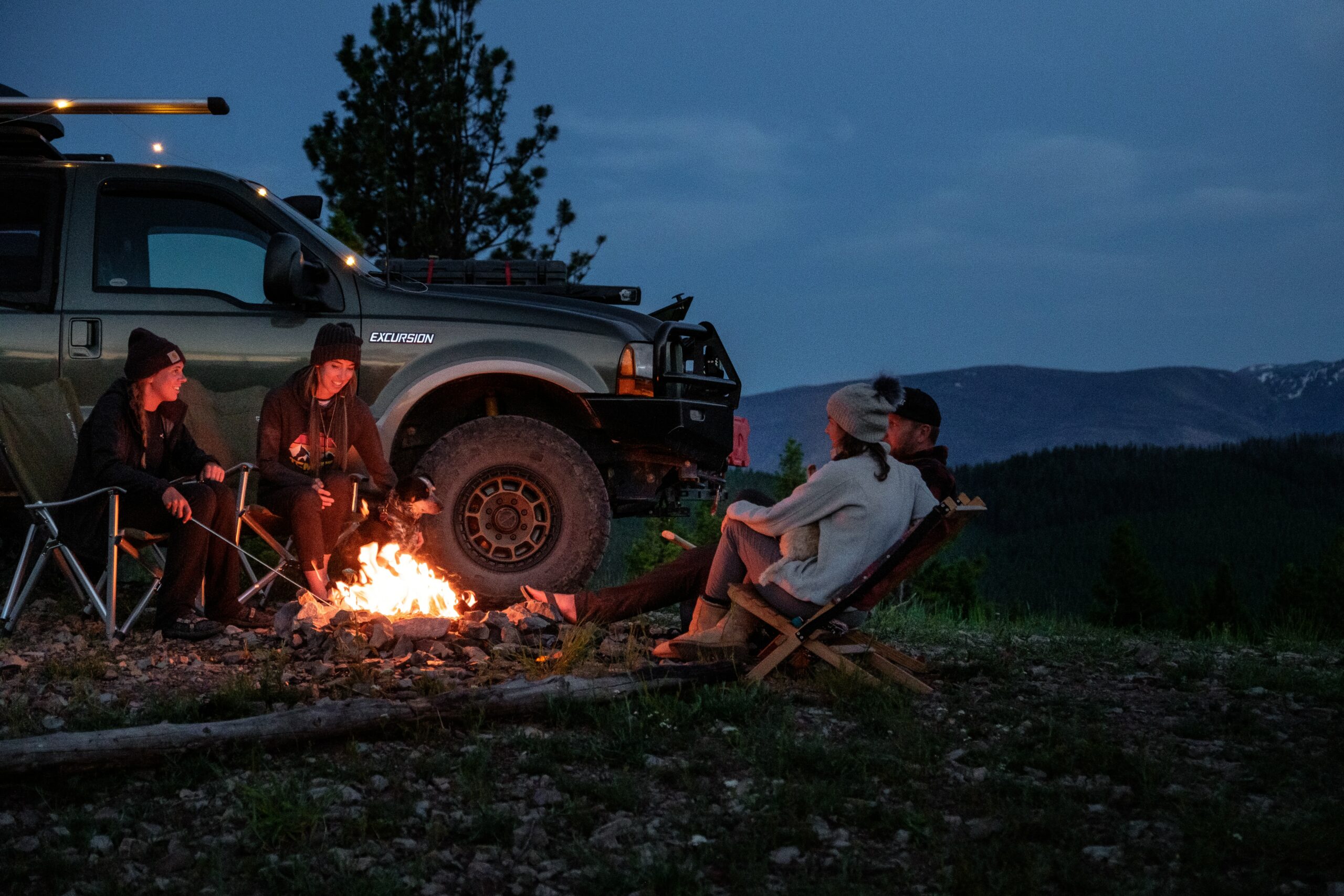

Embarking on an overlanding journey is an exhilarating experience that allows you to break free from the constraints of urban life and immerse yourself in the beauty of the great outdoors. Whether you’re venturing into remote wilderness areas, traversing rugged terrains, or exploring off-the-beaten-path destinations, overlanding offers a unique blend of exploration, self-sufficiency, and the thrill of the unknown. To get the most out of your experience, you will need an overlanding gear list.

Overlanding Gear List – 15 Essentials For Your Trip
You must equip yourself with the right gear to ensure a successful and enjoyable overlanding adventure. This comprehensive guide presents an essential overlanding gear list covering everything you need to enhance your outdoor experience, promote safety, and make the most of your journey.
Vehicle

A reliable and capable vehicle is essential for overlanding, as it serves as your means of transportation and shelter. It should have features like four-wheel drive, high ground clearance, and ample cargo space to navigate diverse terrains and safely carry all your essential gear.
First Aid
Access to medical assistance may be limited when exploring remote areas. A well-stocked first aid kit is crucial for treating minor injuries and providing immediate care in case of accidents or emergencies, ensuring your well-being and the safety of your travel companions.
Cooler

A durable cooler keeps your perishable food items fresh and preserves drinks during extended overlanding trips. It helps maintain the quality of your provisions, allowing you to enjoy tasty meals and stay hydrated throughout your journey.
Food
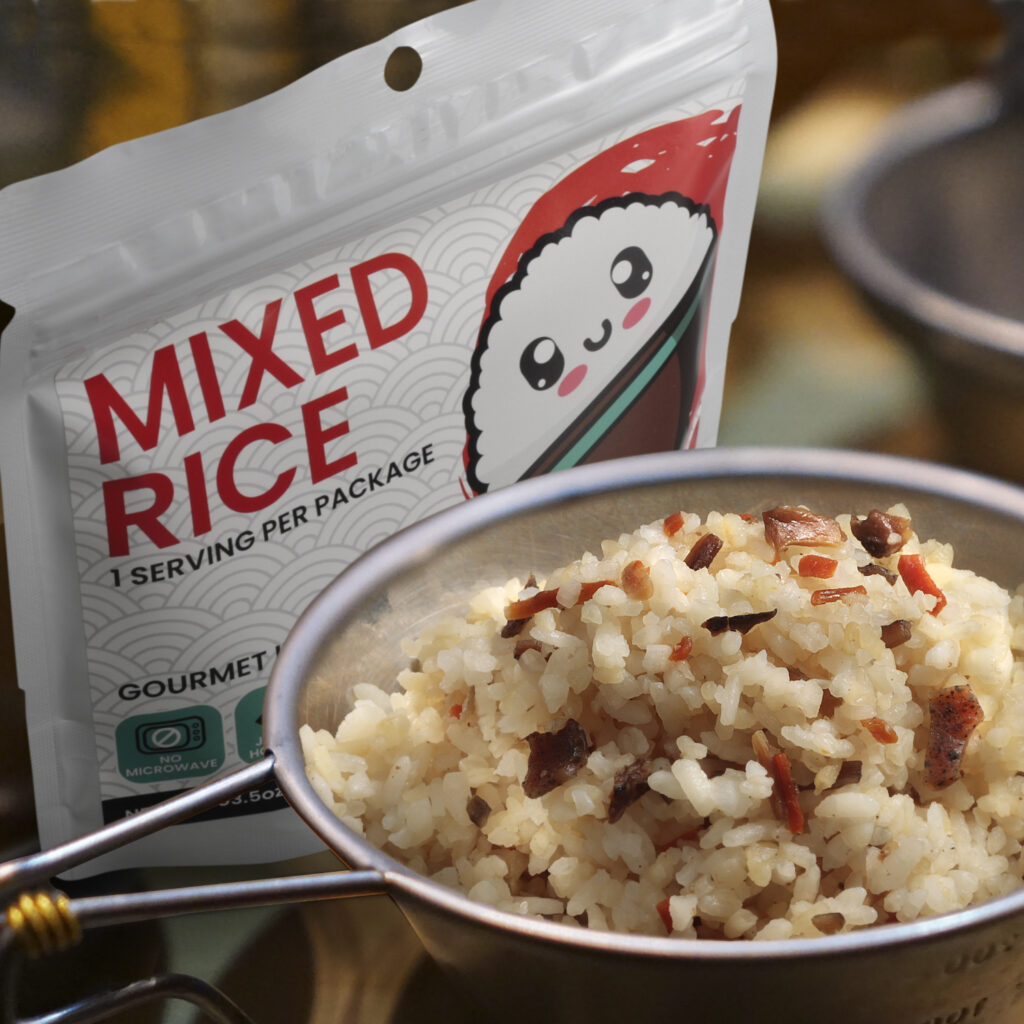

Overlanding requires sustained energy, and packing non-perishable food that is easy to prepare and nutritious is vital. Having a stock of canned goods, dried fruits, granola bars, and other camping-friendly food ensures you have sustenance when cooking facilities are limited.
We recommend the KAMUI Dehydrated Freeze-Dried Japanese Gomoku Mixed Rice, a tasty meal made from premium ingredients. It is easy to prepare even when you’re on the go. All you have to do is add hot water to the pouch, wait 15 minutes, and enjoy! If you don’t have access to hot water, you can use room-temperature water and wait an hour. It comes with a spoon, so you don’t need an additional utensil.
Water
Access to safe drinking water may not be readily available in remote areas. Carrying an adequate supply of potable water in containers or a water filtration system ensures hydration and hygiene during your overlanding adventure.
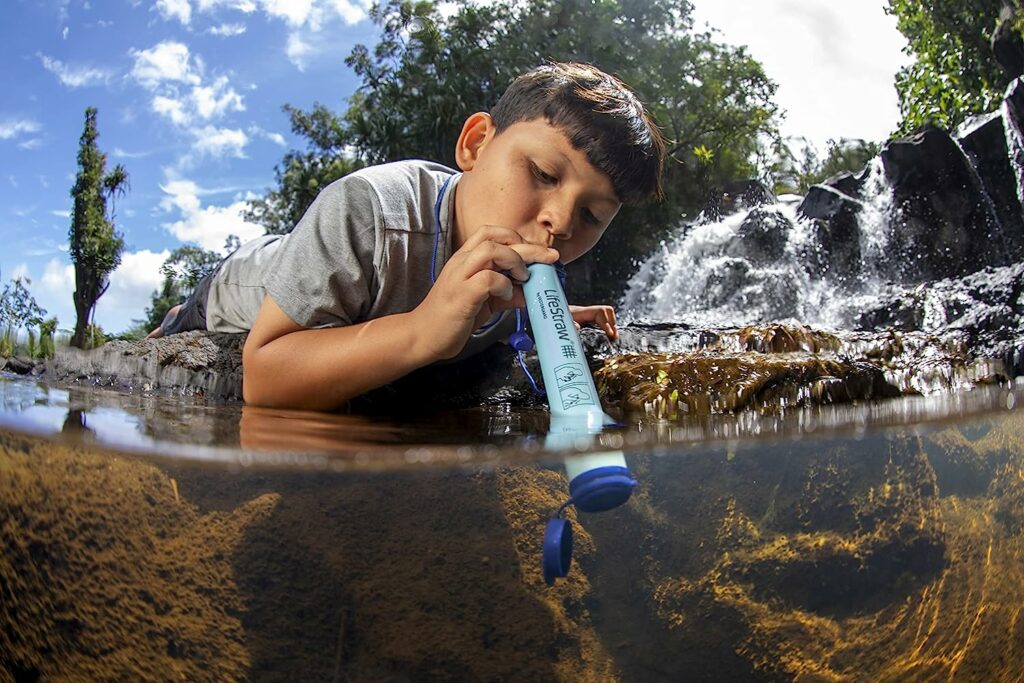

Fire Extinguisher
With the potential risk of campfires getting out of control, having a fire extinguisher is essential for maintaining fire safety. It provides a means to quickly extinguish accidental fires and minimize potential damage to the surroundings.
Tool Kit

A comprehensive tool kit in your packing list with essential tools like wrenches, screwdrivers, pliers, and tire repair kits enables you to handle basic vehicle maintenance and repairs on the go, ensuring your vehicle remains in optimal condition during your overlanding journey.
Spare Parts
Carrying spare parts specific to your vehicle, such as belts, hoses, fuses, and bulbs, can be a lifesaver in case of mechanical failures or breakdowns, allowing you to perform temporary repairs and continue your adventure.
Extra Fuel

Overlanding often involves long distances and limited access to fuel stations. Carrying extra fuel in jerry cans provides peace of mind, enabling you to extend your range and reach remote destinations without worrying about running out of fuel.
Recovery Kit
When encountering challenging terrains, a recovery kit comprising a snatch strap, shackles, and a winch can help extricate your vehicle from mud, sand, or other difficult situations, ensuring you can continue your journey.
Camping Chair and Table
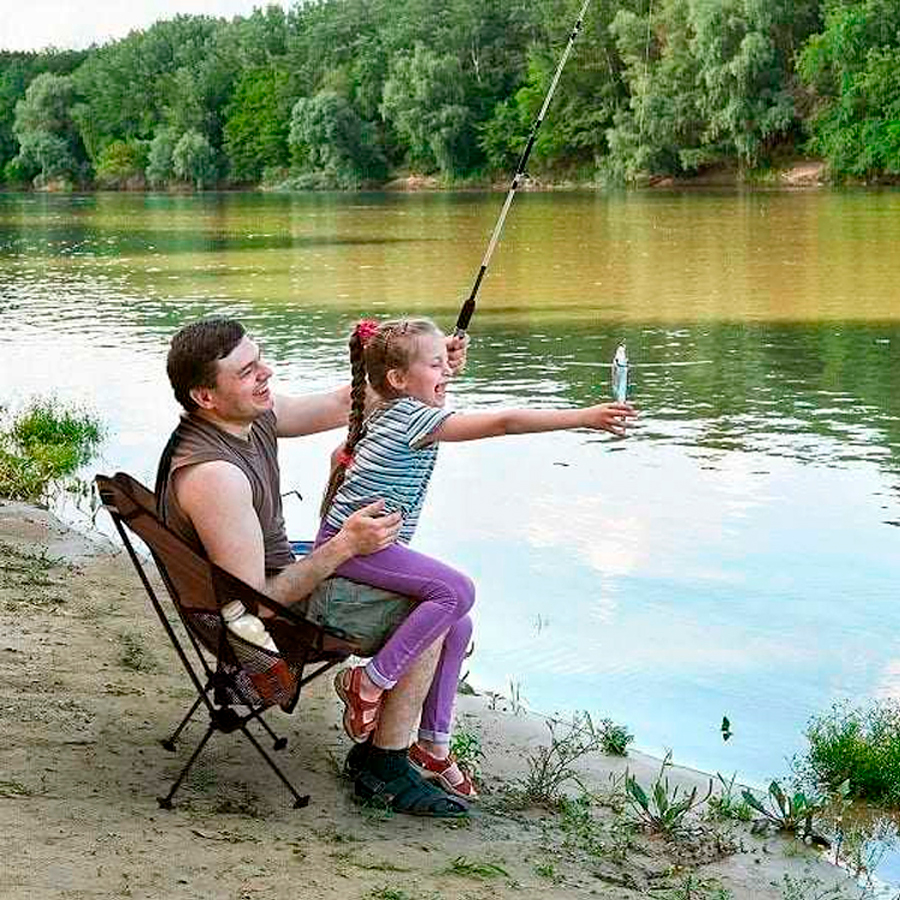

Comfortable camping chairs and a portable table provide a cozy and convenient space to relax, dine, and socialize after a long day of exploration, adding a touch of comfort to your overlanding experience. If you like light and easy-to-set-up camp chairs, we recommend the KAMUI Portable camp chair.
Sleeping Pad
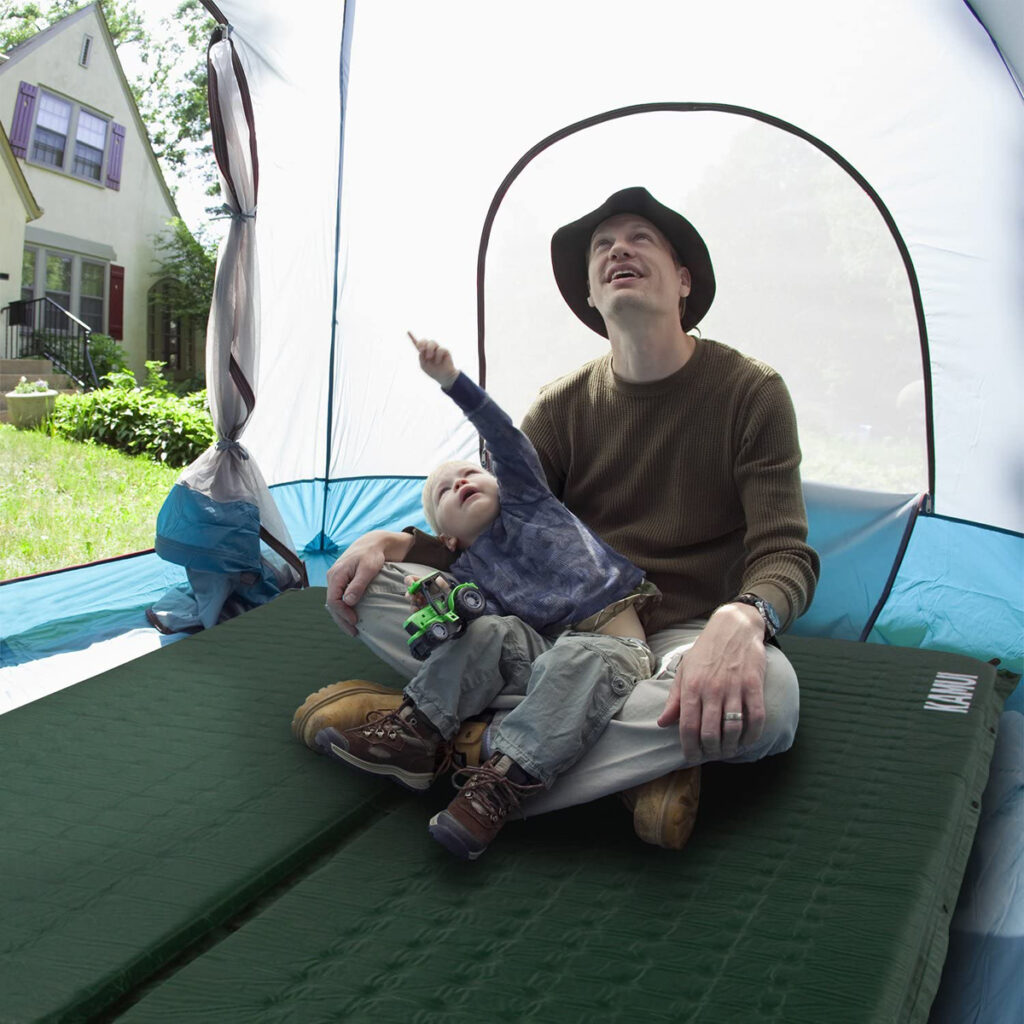

A quality sleeping pad ensures a good night’s rest, cushioning you from uneven ground and providing insulation from the cold. This sleeping gear enhances your comfort, waking you up refreshed and ready for new adventures. We recommend the KAMUI Self-Inflating sleeping pad, which you can use in colder weather and connect to make a bigger pad.
Stove
A reliable portable stove allows you to cook hot meals and boil water, giving you the flexibility to prepare a range of dishes and enjoy warm beverages, even without traditional cooking facilities.
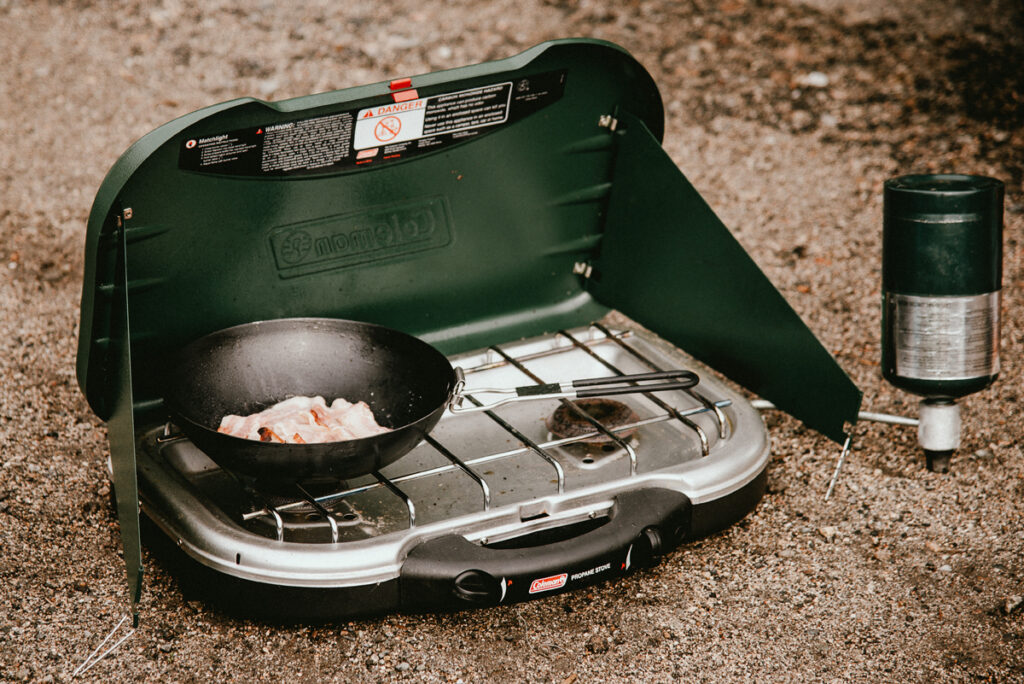

Axe and Shovel
These tools are useful for various purposes, such as clearing obstacles, chopping firewood, and digging trenches. They offer versatility and practicality in outdoor situations, making them valuable additions to your gear.
Maps and Navigation

While GPS and mobile apps are useful, having physical maps and a compass as backup ensures you stay on course even in areas with limited or no connectivity, helping you navigate unfamiliar territories and stay on track during your overlanding adventure.
How Do You Pack for Overlanding?
When packing for overlanding, it’s important to prioritize essentials and pack efficiently. Start by organizing gear into categories such as camping, cooking, tools, and personal items. Utilize storage containers, duffel bags, and packing cubes to maximize space and keep items organized. Consider weight distribution and secure heavier items to prevent shifting during travel. Pack versatile clothing suitable for various weather conditions and pack essential documents, first aid kits, and emergency supplies within easy reach.

Is a Winch Necessary for Overlanding?
While a winch is unnecessary for overlanding, it can be a valuable tool in challenging situations. A winch can assist in self-recovery when your vehicle gets stuck in mud, sand, or other difficult terrains. It provides an additional layer of safety and allows you to tackle more demanding off-road trails confidently. However, whether or not you need a winch depends on your specific overlanding routes, the terrain you plan to encounter, and your level of comfort in performing vehicle recoveries.
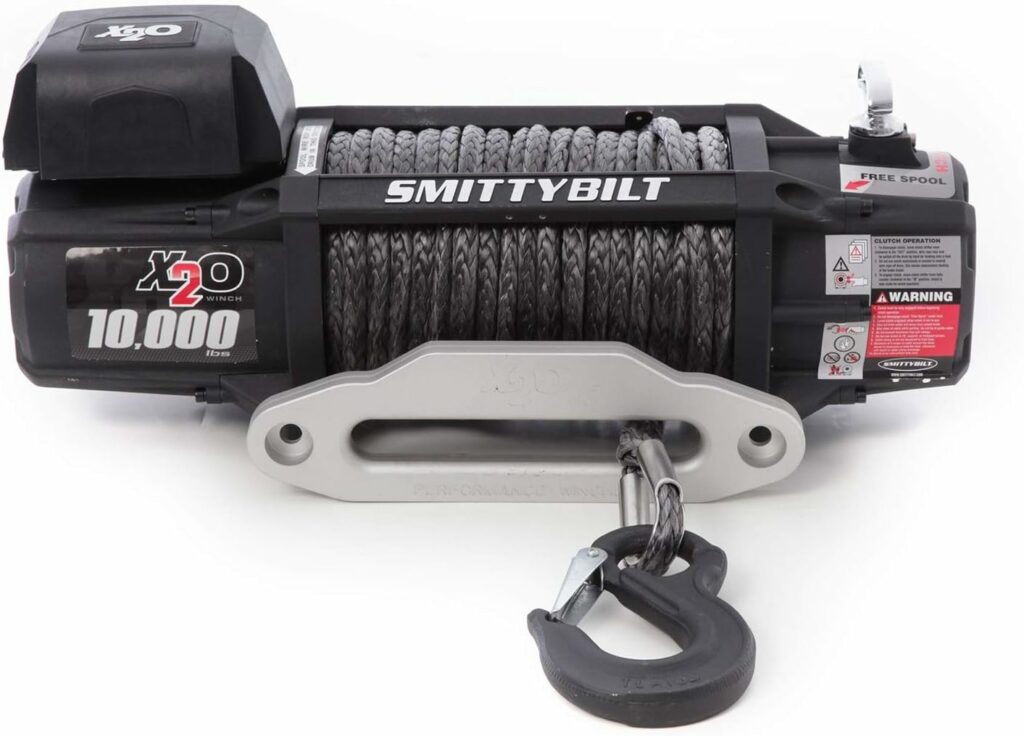

Do You Need to Include an Axe in Your Overlanding Gear List?
An axe can be beneficial for overlanding, especially if you anticipate the need for chopping firewood, clearing brush, or building campfires. It offers versatility for outdoor tasks and can be useful for creating makeshift shelters or modifying campgrounds. However, the necessity of an axe depends on your camping style, location, and personal preferences. If you plan to rely on pre-cut firewood or travel to areas where collecting firewood is prohibited, an axe may not be essential.
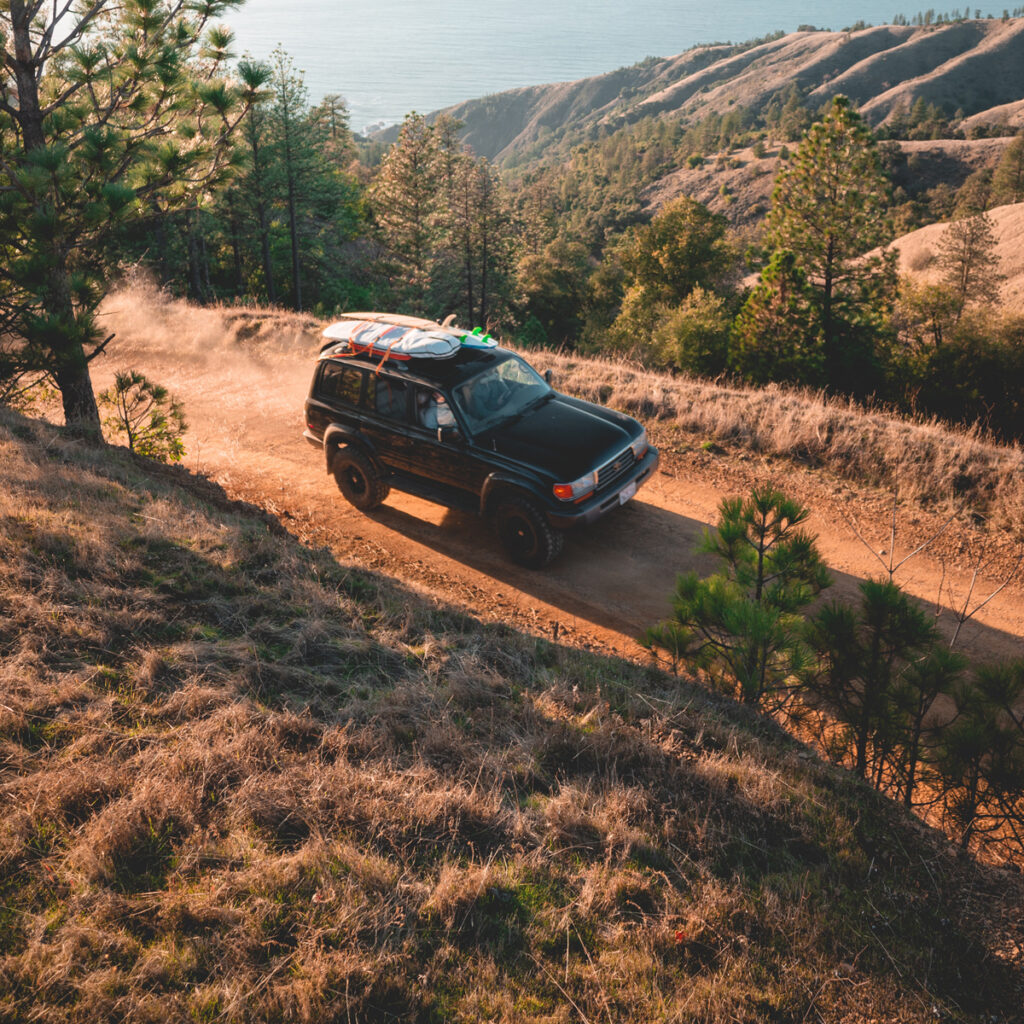

Conclusion
So, let’s dive into the world of overlanding gear, where your adventurous spirit meets the practicality of well-chosen equipment, and the boundaries of exploration are pushed to new limits. Whether you’re gearing up for a weekend getaway or a long-term expedition, this guide will equip you with the knowledge you need to elevate your overlanding experience and make every moment count. Get ready to hit the road and create memories that will last a lifetime.

